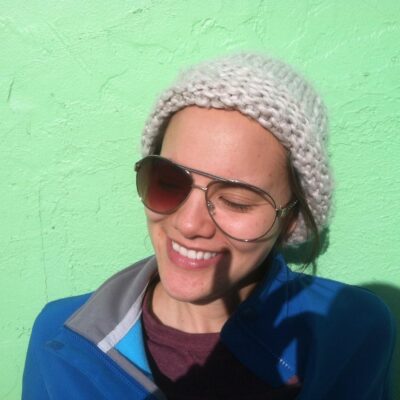Jennifer Schaefer - Education in America
Following graduation in May 2013, Jennifer spent a year working as a math tutor and saving money in order to move to Oahu in pursuit of a slower, balanced lifestyle, the Aloha Spirit, and warmer weather. In Fall 2014, she will begin to work towards a Ph.D. in Mathematics at the University of Hawaii, hoping either to conduct mathematics research or to become a community college professor. In either case, Jennifer will offer free math tutoring (and possibly dance lessons) to those who are not able to afford it. She strives to emphasize education for the sake of learning, and to challenge the commodification of education that strictly purports the acquisition of a financially rewarding job.
Area of Concentration Courses
African American Studies C133A: Race, Identity, and Culture in Urban Schools
Education 162A: Teachers' Work
Asian American Studies 146: Asian Americans and Education
American Studies H110: New Literary History of America
Math 151: Mathematics of the Secondary School Curriculum
Thesis
Jennifer Schaefer : - "Training for Success: An Educational Experience" (Class of 2013)
Jennifer Schaefer’s honors thesis includes an autoethnographic written work and a choreographed dance piece exploring and positioning her educational and associated emotional experiences within the sphere of education in America as the eldest of three children–and the only daughter–of an ethnically Chinese Vietnamese immigrant. Fervently believing the American Dream of social mobility attainable exclusively through education, Jennifer was required to maintain straight A’s in school in order to one day become a doctor or lawyer. The focus on grades and end goals, rather than the process, ultimately left her feeling as if she existed merely as a piece of raw material to be shaped into a profitable product. By reflection upon events, conversations, and interactions that have occurred throughout her life, Jennifer aims to discover and reveal the workings of Asian American family culture, social mobility in education, society’s varying modes of conformity, and creative expression through the medium of dance in what was meant to be her early training for success. Intersections of such contributing agents in her education then extends to the conversation regarding what it means that her experience took place.
